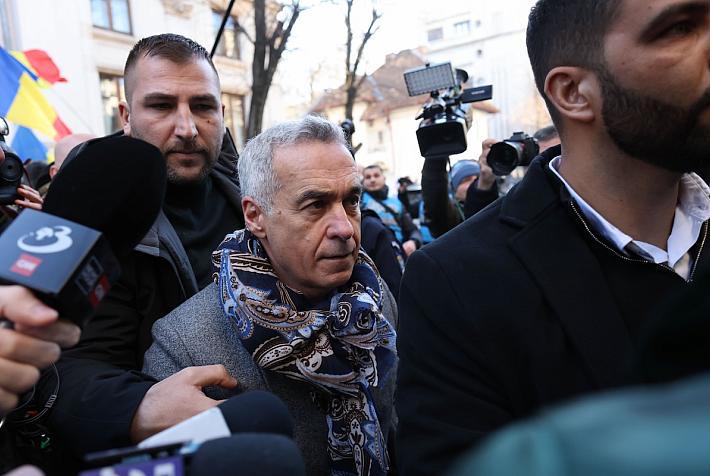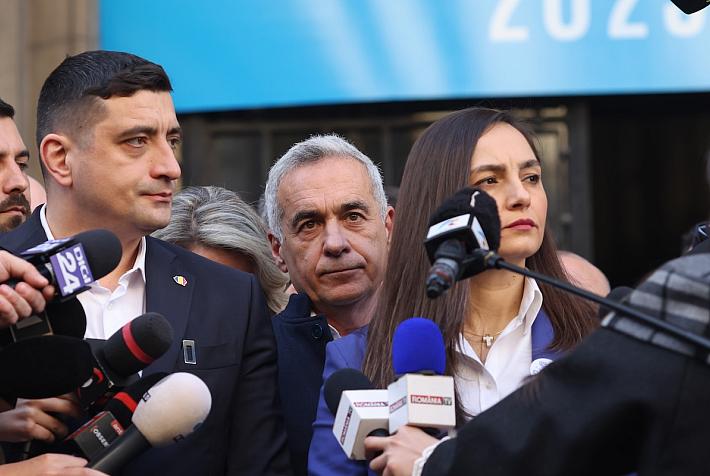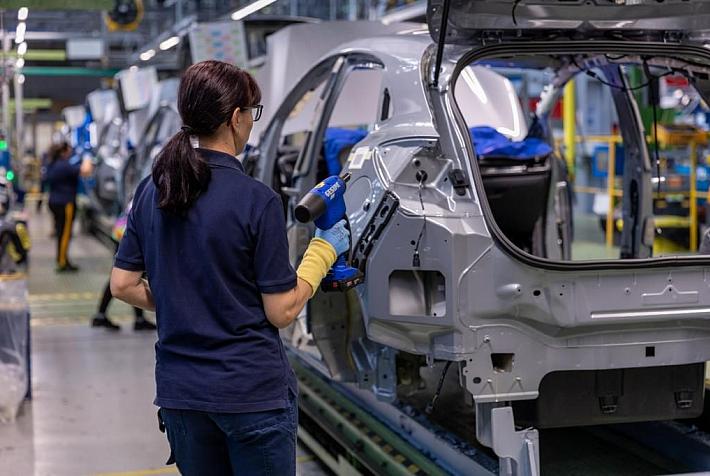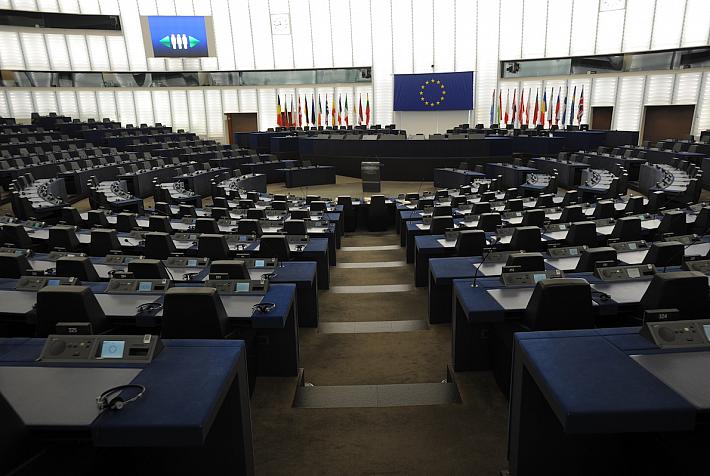Nationalist opposition in Romania pushes to overthrow government

Saluting the opposition’s success in toppling President Klaus Iohannis, the leader of the Alliance for the Union of Romanians (AUR) George Simion announced that a no-confidence motion against the government of Prime Minister Marcel Ciolacu would be filed next week.
He said that the motion will be signed by AUR MPs together with senators and deputies of the opposition who demonstrate "common sense" and wish to join them.
In radical terms, Simion argued for focusing the opposition’s efforts against the government and implied the support for ultranationalist presidential candidate Calin Georgesc should be total. According to the AUR leader cited by Economica, "anyone who does not sign a motion of censure is clearly a traitor."
"We don't need traitors around us. We don't need people who are running for president [apart from Georgescu], we want a return to the second round, we want a return to the constitutional and democratic course," Simion said.
Simion thus ruled out a “plan B” mentioned by president of AUR leading body Claudiu Tarziu, which may be needed in case Calin Georgescu is not allowed to run for President.
While the moderate opposition namely the reformist party USR may join the nationalist opposition parties against the fragile ruling majority in Romania, the success of the attempt to overthrow the government is highly uncertain.
The ruling parties, particularly the Liberal Party (PNL) had been favorable to having President Klaus Iohannis replaced because of the political costs incurred ahead of the presidential electoral campaign. This is perhaps why President Iohannis opted to step down before the beginning of the formal procedures for his suspension from post.
But there is no reason for the ruling Social Democratic (PSD), Liberal (PNL) or Hungarian (UDMR) parties to abandon the alliance and the political stability that facilitates the organisation of presidential elections that they hope to win. On the contrary, it is the nationalist opposition that would benefit from political instability.
(Photo source: AUR on Facebook)












